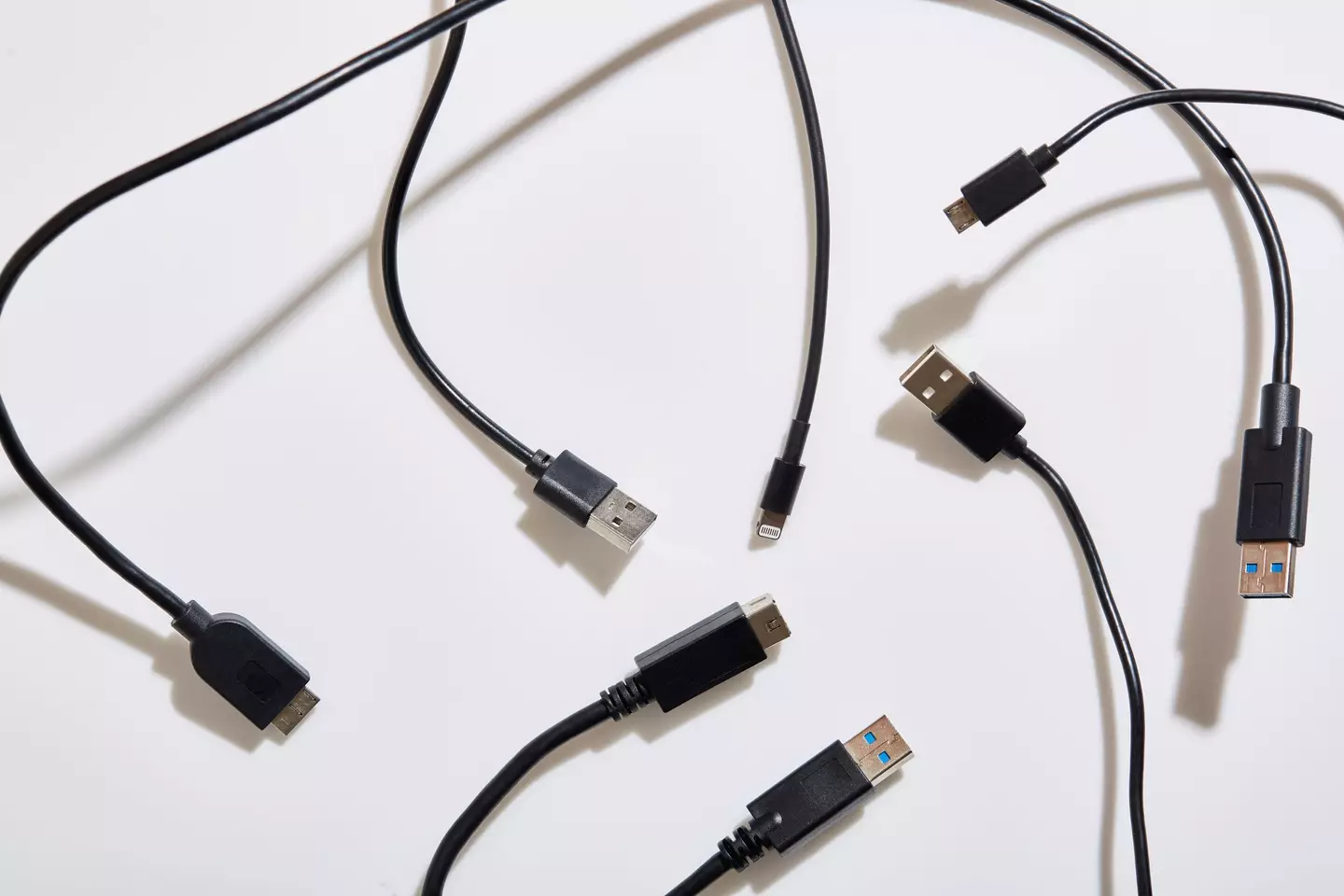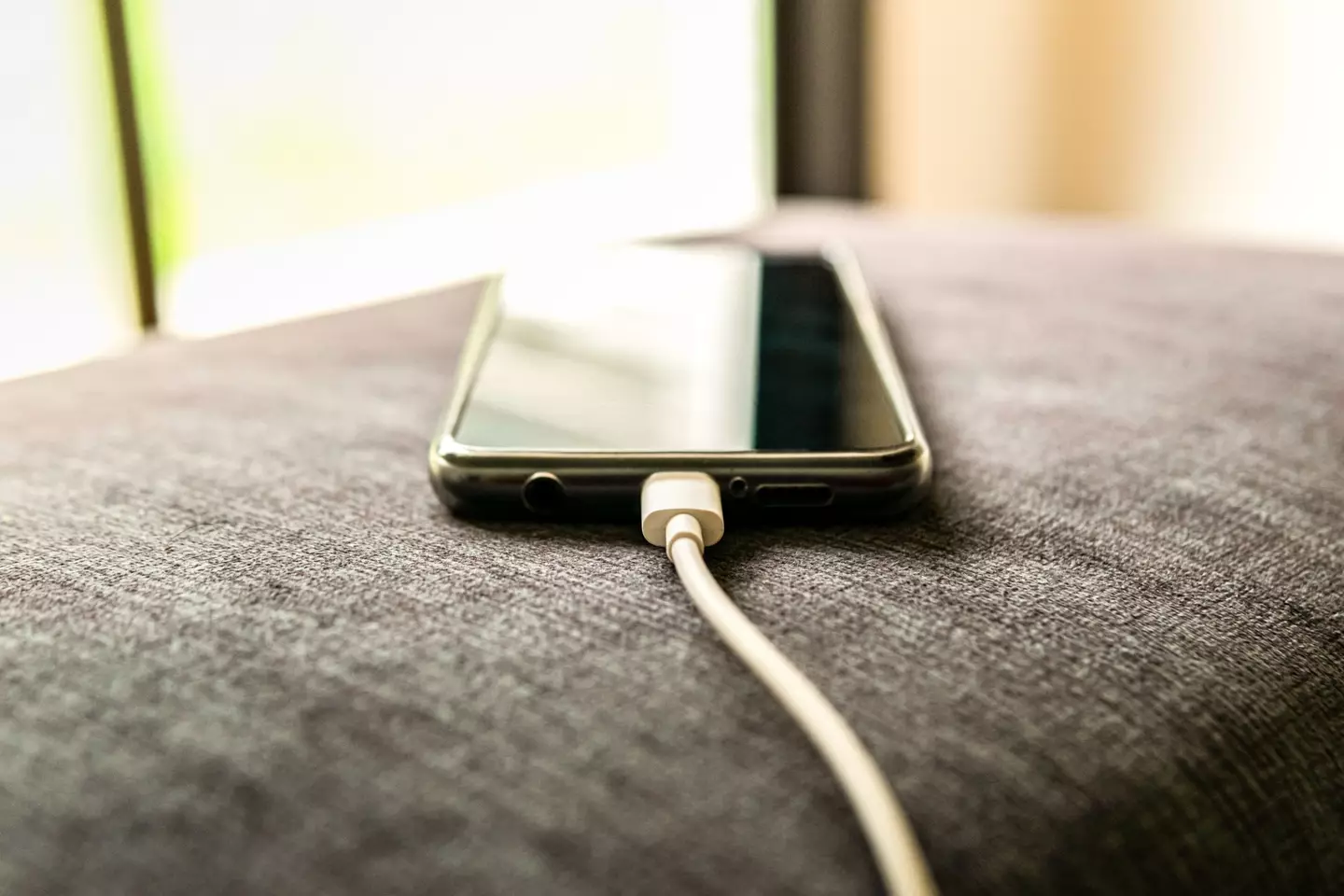
What do you do when your phone’s battery dies and you don’t have your charger with you? Chances are you’ll probably use one that belongs to someone else nearby.
However, a professional hacker has warned against doing this because it could ‘cause havoc’ on your phone or computer.
Ethical hacker Ryan Montgomery is hired by companies to test cybersecurity flaws in their network. He often uses his social media platform to make the public more aware of cybersecurity dangers that we’re not aware of.
He recently took to Instagram to issue a warning about using charging cables of unknown origin.
Advert

Montgomery took an ‘ordinary-looking cable’ which is ‘fully functional’, meaning that it can charge a cell phone, and plugged it into a new computer. He was given ‘full access’ to the computer and could control it from his own phone.
“Never trust a cable that’s not yours,” the expert warned in the video which now has 412,000 views.
You should consider buying a USB data blocker instead. It’s a small device that acts as a barrier between cables and your computer to prevent cybercriminals from accessing information on your device or infecting it.
Advert

There are counterfeit data blockers on the market, ZDNet reports. One way to spot if a data blocker is counterfeit is by looking at the number of pins on the connector port. The counterfeit data blocker analysed by the publication has four pins, which they say is an ‘immediate red flag’.
You could also consider purchasing a malicious cable detector which plugs into a USB adapter, although don't plug it into a device like a PC.
Authentic data blockers have been praised, particularly by travelers and people on the go who use public charging stations. These public USB ports are known to be incredibly risky.
Last year, the Federal Bureau of Investigation (FBI) issued a warning against using public phone charging stations, including those found at airports.
Advert
A warning on the FBI's official website states: "Avoid using free charging stations in airports, hotels, or shopping centres."
These public USB ports can be tampered with to install malicious software (malware) on your device which can quietly steal sensitive information undetected.
A technique used by hackers known as 'juice jacking' is another reason why you shouldn’t hook your phone up to a charging station at the airport.
This involves malware installed through a corrupted USB port which locks your device or even exports all of your personal data and password directly to the perpetrator.
Advert
The power supply and data stream on smartphones pass through the same cable, allowing hackers to take control of your personal information.
So, the next time you’re out and about, remember to bring a portable charger.
Topics: Technology, Phones
